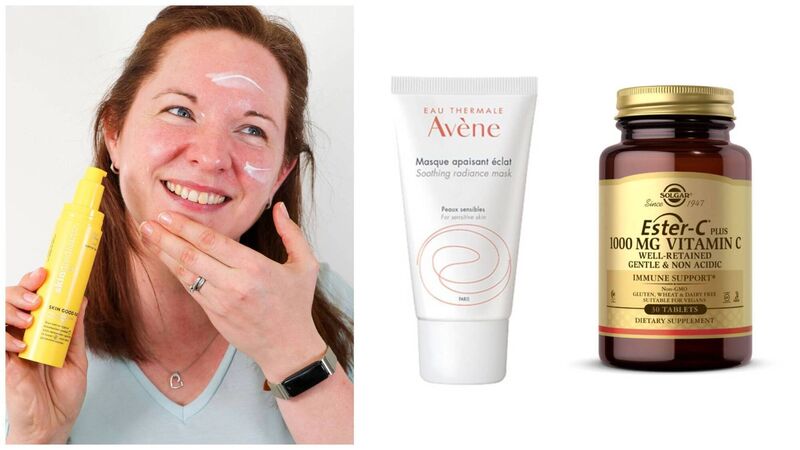The Skin Nerd: Is your skin sensitive, red, or eczema-prone? Here's how to care for it

The winter season brings extreme, rapidly changing temperatures, as we move from indoors to outdoors to back inside again.
This time of year is all about hunkering down and getting cozy – and we crave the same kind of comfort for our complexions too! Skin that feels as soothed and content as a duvet day watching re-runs of Derry Girls couldn’t sound better as we battle the barrier sensitising combination of bracing winds and central heating. Winter is the prime time of year for skin to feel irritated, stripped, and in need of a big skincare cuddle – and luckily, there are lots of ingredients that can help!







